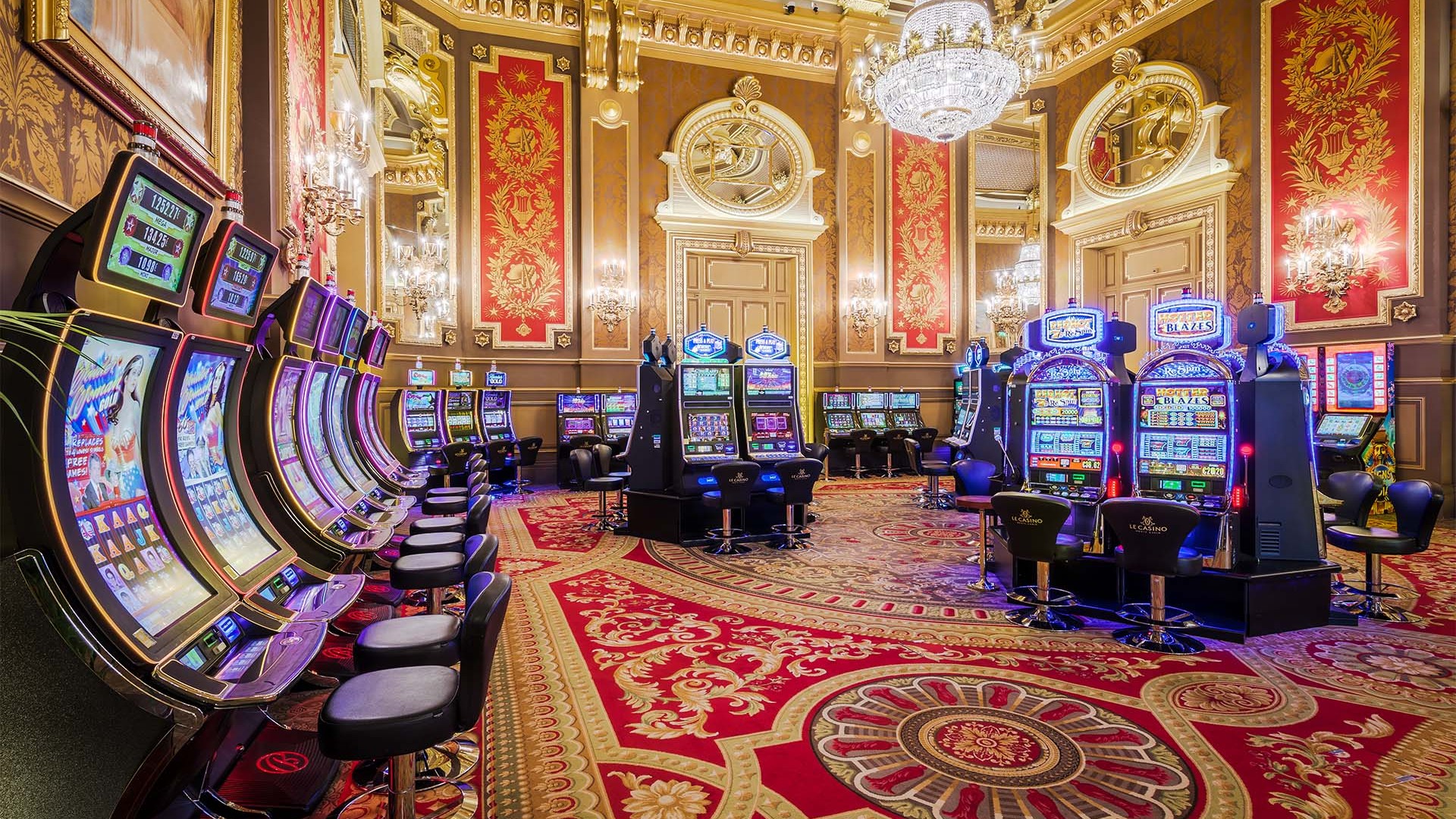
While technology keeps on evolve with a rapid pace, the realm of amusement has been experiencing a significant change. A of the most thrilling advancements of recent years has been the rise of virtual realities, that has started in reshape the way we perceive various forms of games. The gambling industry, known for its lively atmosphere and exciting experiences, is not exception. Through the integration of VR within gambling titles, players now gain the chance to immerse themselves in highly immersive worlds that mimic the excitement of a real gambling hall, entirely from the convenience of their personal homes.
Imagine stepping into a virtual casino where you can engage with fellow players, participate in real-time host games, and explore a diverse range of play options, all of them enhanced by cutting-edge technology. This innovative approach not just amplifies the thrill of traditional gambling titles and also removes geographical barriers, enabling players around the world to connect and engage in a shared gaming experience. Looking ahead, as we gaze ahead, the potential for VR within the domain of gambling games are boundless, offering to transform the manner we think about gambling and entertainment altogether.
The Ascent of Virtual Reality in Video Games
The introduction of VR technology has transformed multiple industries, and the gaming sector is at the leading edge of this revolution. More than just a trend, VR provides immersive experiences that brings players nearer to the gameplay than ever before. Casinos have begun to utilize this innovation, creating atmospheres that mimic the thrill and ambiance of a brick-and-mortar casino, all from the ease of home. This transition not only improves gameplay and attracts a younger audience of players eager for new offerings.
As soon as VR grows to be more accessible, the selection of casino games available in this medium continues to grow. Players can now participate with popular games such as blackjack, texas hold’em, and slot machines in a 3D space where they can interact with fellow players and croupiers in real time. This immersive aspect elevates the social experience, allowing users to feel as if they are integral to a vibrant casino community even while geographically isolated. The added layer of realism provided by virtual reality is appealing and is probably to influence how gambling games are designed and experienced in the future.
Moreover, the adoption of VR into casino gaming is expected to spur advancements in tech and game design. Developers are experimenting with unique game mechanics and features that utilize VR’s full potential. These developments could lead to a diverse array of gaming options that not only would reflect the essence of classic games but also introduce new formats and ways to play. By embracing virtual reality, casinos can stay competitive in a fast-changing gaming landscape, ensuring they satisfy the desires of modern players looking for exciting and captivating experiences.
Enhancing Player Experience in Casino Games
Virtual reality is changing the manner players engage with casino experiences, creating immersive environments that replicate the feel of a physical casino. By wearing a VR headset, players can step into a digital realm where they can play with realistic 3D representations of casino games. This immersion boosts the bond players have with their gambling adventure, making every slot machine spin or dice throw feel more exciting and realistic.
Besides visual experiences, the incorporation of haptic feedback technology provides players with touch experiences that enhance gameplay. For instance, as a player achieves a game in virtual poker, they can receive feedback through their controllers that mimic the feeling of earning chips in the real world. This layer of interactive feedback makes the experience more immersive and helps to bridge the gap between traditional and virtual gaming spaces.
Social engagement is another key aspect that this technology brings to casino games. Players can participate in social gaming, enjoying the excitement of playing with friends or other players in a common virtual environment. This social dimension builds a shared camaraderie and camaraderie, which is often absent in traditional online gaming. By permitting players to talk and engage in real time, VR casinos restore the interactive environment that many players love in real casinos, ultimately leading to a more fulfilling and more pleasurable play experience.
Future Developments and Innovations in VR Casinos
As tech keeps to evolve, the inclusion of AI and machine learning into Virtual Reality gaming environments is set to transform the player experience. These improvements will allow for more personalized gameplay by adapting games to unique player likes and habits. Players can look forward to seamless interactions with virtual dealers and artificial intelligence-powered companions that enhance immersion and engagement, forming a realistic casino atmosphere from the convenience of their homes.
In addition to AI, the implementation of blockchain promises to transform the security and transparency of transactions in Virtual Reality gaming environments. With automated agreements enabling faster payouts and provable fairness in results, players can enjoy peace of mind knowing that their funds are protected. This technological synergy can establish trust and foster a bigger player community, motivating more people to explore digitized gambling environments. best non GamStop casinos
Additionally, the development of social interaction within Virtual Reality gaming environments is expected to take the spotlight. Future developments may promote stronger connections among players, offering features such as digital chat rooms, multiplayer competitions, and even live events. By including community elements, these innovations will not only enhance the play experience but also cultivate a dynamic community where players can exchange strategies, celebrate wins, and enjoy camaraderie in a dynamic digital setting.